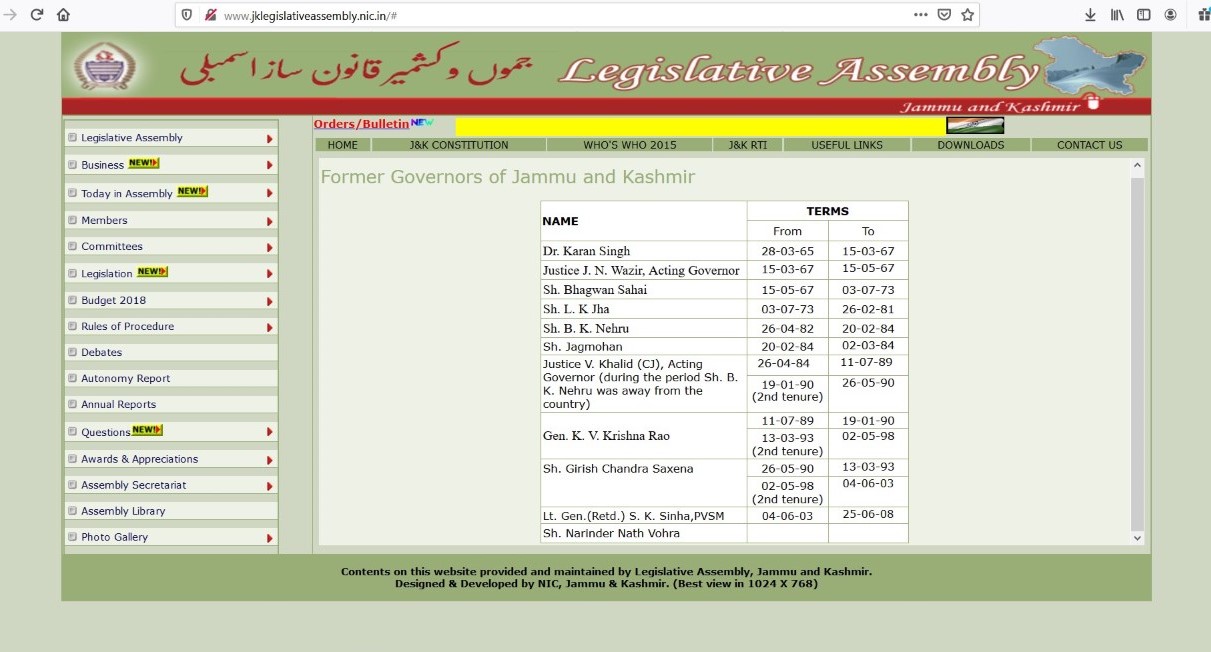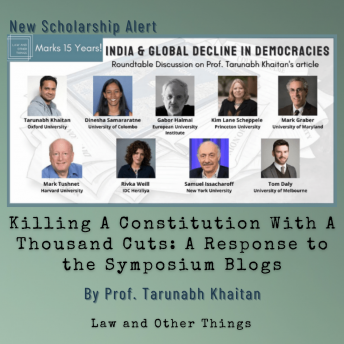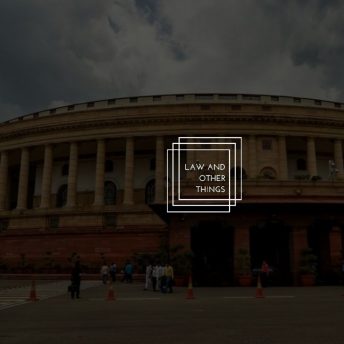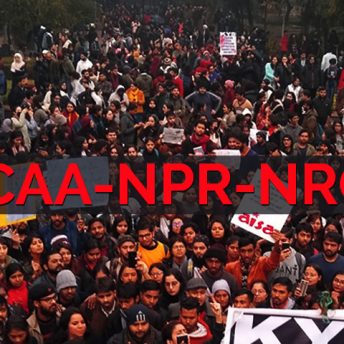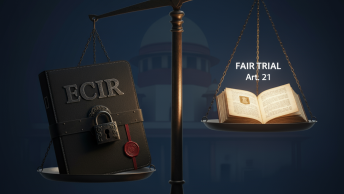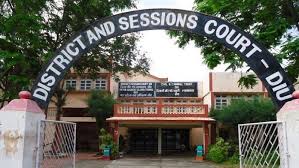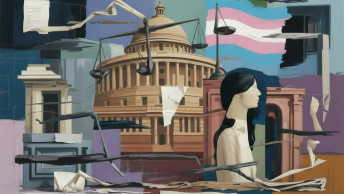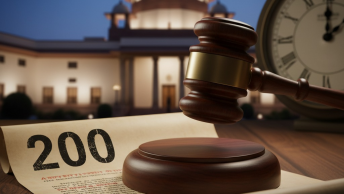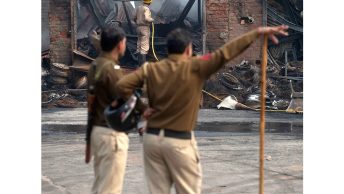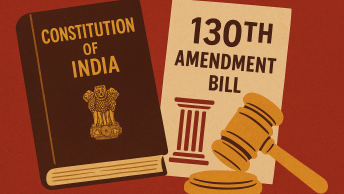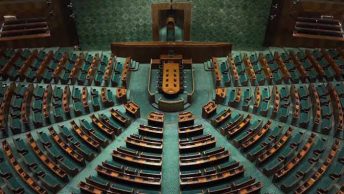What happens when a Constitution promises rights, but the systems built around it keep concentrating power? In this episode, LAOT host Arnav Mathur speaks with constitutional scholar Dr...
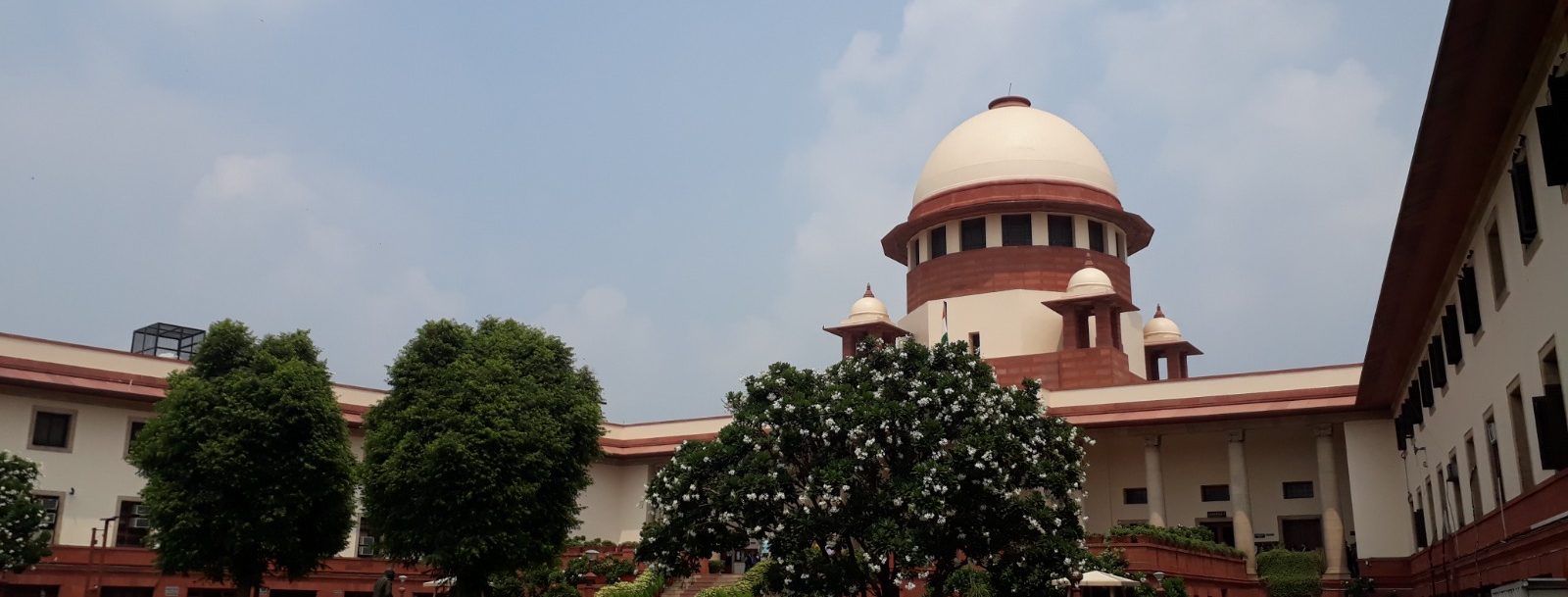
About LAOT
LAOT publishes analytical and explainer pieces in the field of public law, with a keen attention on mentoring law students throughout the editorial process. It has also initiated a New Scholarship Section hosting roundtable discussions on contemporary publications in public law.
Featured articles
Latest articles
This article analyses the debate around the non-disclosure of the Enforcement Case Information Report (ECIR) under the Prevention of Money Laundering Act (PMLA). It explores how withholding the ECIR...
Summary: This article is the fourth in a series outlining the need for user-centric court infrastructure in India, addressing the requirements of diverse users to ensure universally accessible...
A fortnightly feature inspired by I-CONnect’s weekly “What’s New in Public Law” feature that addresses the lacuna of a one-stop-shop public law newsletter in the Indian legal...
This article is the third in a series outlining the need for user-centric court infrastructure in India, addressing the requirements of diverse users to ensure universally accessible, adaptable...
In this article, the authors examine whether the Indian Space Research Organisation qualifies as an industry under the Industrial Disputes Act 1947. They argue that space exploration in India...
(Disclaimer: The following narrative has been drawn from our experiences with the judicial system over the last six years and is not fictional; it is a composite of the stories narrated to us as part...
This article argues that despite constitutional recognition of TGs in NALSA under Articles 14-16 and their classification as SEBCs, TGs in India remain excluded from democratic representation due to...
This article is the first in a series outlining the need for user-centric court infrastructure in India, addressing the requirements of diverse users to ensure universally accessible, adaptable...
The Supreme Court’s ruling in State of Tamil Nadu v Governor of Tamil Nadu, though rooted in democratic urgency, exceeded constitutional limits by reading timelines and “deemed assent” into Article...
Bharatiya Nagarik Suraksha Sanhita, 2023 (“BNSS”) through S.173(3) has introduced preliminary inquiry into the statutory framework. A codification of the principles laid down in Lalita Kumari, S...
This article critically examines the 130th Constitutional (Amendment) Bill as a "constitutional hardball" and explores the doctrinal constraints of the Basic Structure doctrine. It argues that while...
The article argues that the disqualification petitions under the Tenth Schedule are chronically delayed by the Speakers. Referring to cases like Keisham Meghachandra, Rajendra Singh Rana, and the...



